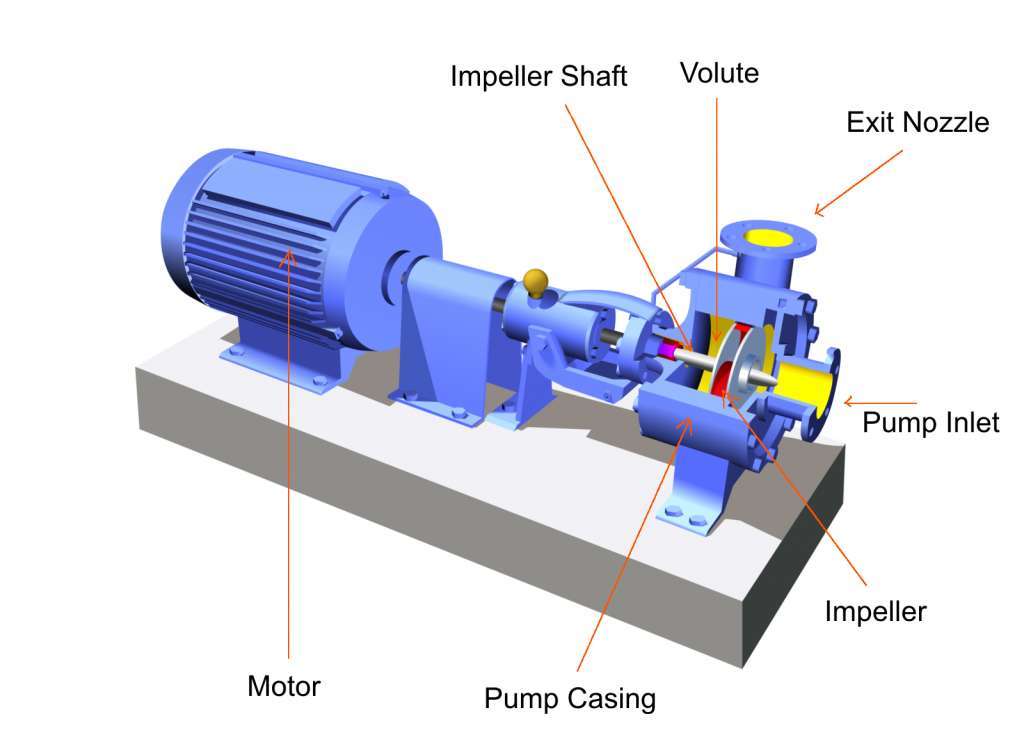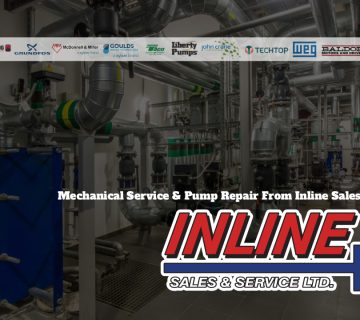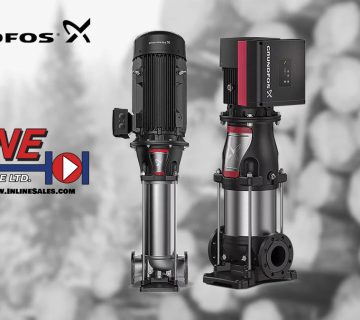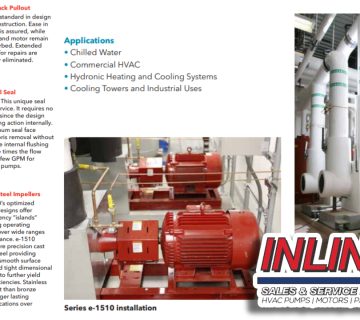Centrifugal Pumps: Powering Efficient Fluid Management in Commercial Buildings
Introduction:
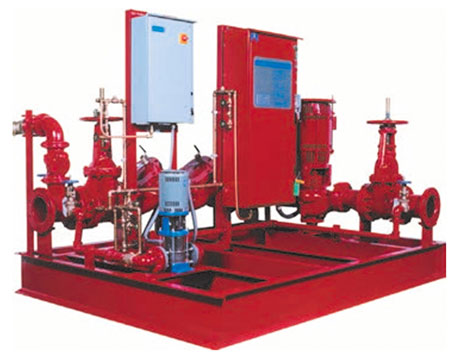 In the realm of fluid management systems, centrifugal pumps stand out as versatile workhorses, ensuring the smooth circulation and distribution of liquids in various commercial buildings. These indispensable devices are responsible for a wide range of applications, from heating and cooling systems to water supply and wastewater management. In this blog post, we will explore the fundamental principles, benefits, and considerations of centrifugal pumps, shedding light on their crucial role in maintaining efficient operations in commercial buildings.
In the realm of fluid management systems, centrifugal pumps stand out as versatile workhorses, ensuring the smooth circulation and distribution of liquids in various commercial buildings. These indispensable devices are responsible for a wide range of applications, from heating and cooling systems to water supply and wastewater management. In this blog post, we will explore the fundamental principles, benefits, and considerations of centrifugal pumps, shedding light on their crucial role in maintaining efficient operations in commercial buildings.
Understanding Centrifugal Pumps:
Centrifugal pumps are mechanical devices designed to move fluids using centrifugal force generated by the rotation of an impeller. As the impeller rotates, it creates a low-pressure zone at the center, drawing the fluid into the pump’s casing. The fluid then moves radially outward due to the centrifugal force, increasing the pressure and propelling it towards the outlet.
Benefits of Centrifugal Pumps in Commercial Buildings:
- Efficient Fluid Circulation: Centrifugal pumps are highly efficient in terms of fluid circulation. Their design allows them to handle large volumes of liquid, making them ideal for commercial buildings that require constant movement of fluids for various purposes, such as HVAC systems, water distribution, and fire protection systems.
- Versatile Applications: These pumps are widely used in commercial buildings due to their versatility. They can handle a wide range of fluids, including water, chemicals, and wastewater. Centrifugal pumps can adapt to various flow rates, pressures, and temperatures, making them suitable for different applications, from heating and cooling systems to industrial processes.
- Space Optimization: Centrifugal pumps are known for their compact design, making them space-efficient in commercial buildings where real estate is often at a premium. Their smaller footprint allows for easier installation and integration into existing systems without consuming excessive space.
- Energy Efficiency: Efficiency is a critical consideration in any commercial building, and centrifugal pumps excel in this regard. These pumps are designed to minimize energy consumption by optimizing hydraulic performance and reducing friction losses. By selecting the right pump size and employing modern technologies, such as variable frequency drives (VFDs) and smart controls, commercial buildings can achieve significant energy savings.
- Reliability and Low Maintenance: Centrifugal pumps are renowned for their reliability and longevity. When properly maintained, they can operate efficiently for extended periods, minimizing downtime and costly repairs. Routine maintenance, including inspection, lubrication, and impeller cleaning, ensures optimal performance and longevity.
Considerations for Centrifugal Pump Installation:
 System Requirements: Before selecting a centrifugal pump, it’s crucial to assess the specific requirements of the commercial building. Factors such as fluid type, flow rate, pressure, temperature, and system capacity should be considered to choose the appropriate pump that meets the desired performance criteria.
System Requirements: Before selecting a centrifugal pump, it’s crucial to assess the specific requirements of the commercial building. Factors such as fluid type, flow rate, pressure, temperature, and system capacity should be considered to choose the appropriate pump that meets the desired performance criteria.- Pump Sizing: Proper pump sizing is essential to achieve optimal efficiency and performance. Oversized pumps can lead to excessive energy consumption, while undersized pumps may struggle to meet the building’s demands. Consulting with an experienced engineer can help determine the correct pump size for the specific application.
- System Redundancy: In critical applications, such as fire protection systems, incorporating redundant centrifugal pumps can ensure system reliability. Redundancy helps mitigate the risk of pump failure and ensures continuous operation in the event of maintenance or repairs.
- Maintenance and Monitoring: Implementing a proactive maintenance plan is crucial for maximizing the lifespan and efficiency of centrifugal pumps. Regular inspections, cleaning, and monitoring of pump performance parameters can help identify issues early on and prevent costly breakdowns.
Conclusion:
Centrifugal pumps play a vital role in commercial buildings, providing efficient fluid circulation for various applications. With their versatility, compact design, and energy-efficient operation, these pumps contribute to the seamless functioning of systems such as heating and cooling, water supply, and wastewater management. By understanding the fundamental principles and considering the specific requirements of their commercial building, facility managers can harness the power of centrifugal pumps to optimize fluid management, reduce energy consumption, and ensure reliable operation for years to come.

 Armstrong Pumps
Armstrong Pumps Bell & Gossett
Bell & Gossett Taco Pumps
Taco Pumps Goulds Water Technology
Goulds Water Technology Grundfos Pumps
Grundfos Pumps Wilo & Scot Pumps
Wilo & Scot Pumps Boilermag XT magnetic filter
Boilermag XT magnetic filter Hoffman Specialty
Hoffman Specialty John Crane
John Crane McDonnell & Miller
McDonnell & Miller Heat Exchangers
Heat Exchangers B&G Power Packs
B&G Power Packs Weg Motors
Weg Motors TechTop Motors
TechTop Motors US Motors & Nidec
US Motors & Nidec Baldor Motors
Baldor Motors SKF Motor Bearings
SKF Motor Bearings Motor Repairs
Motor Repairs







